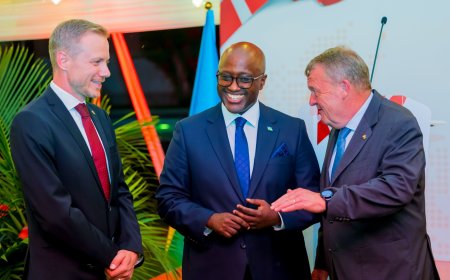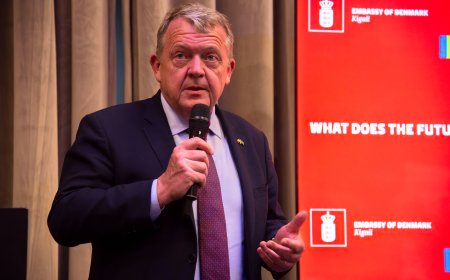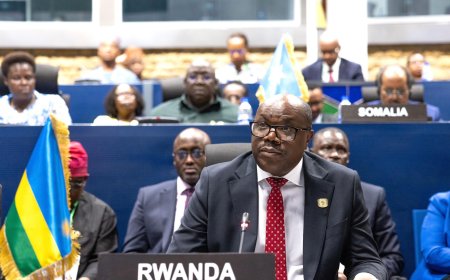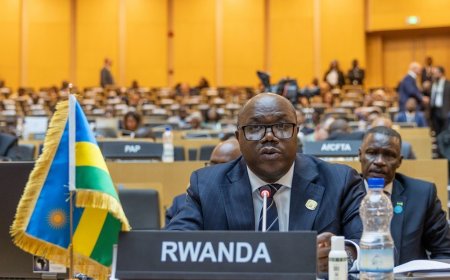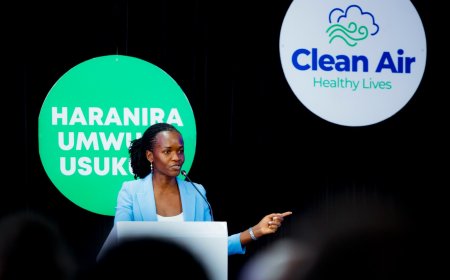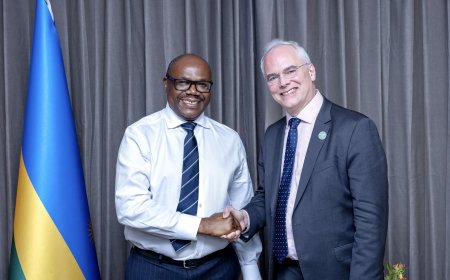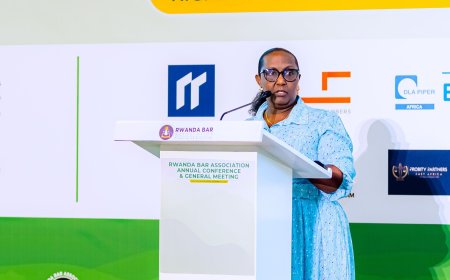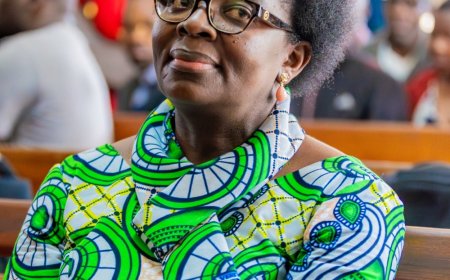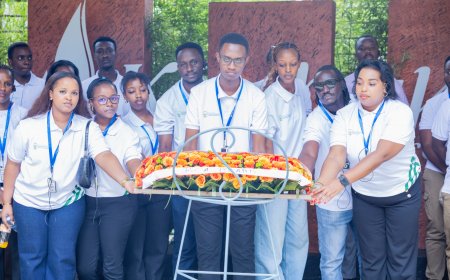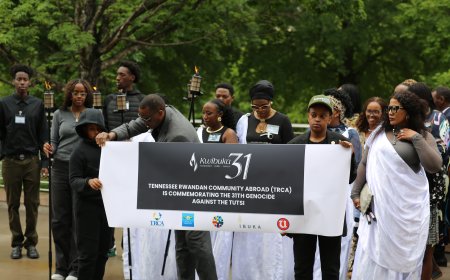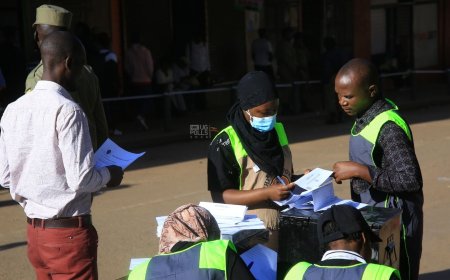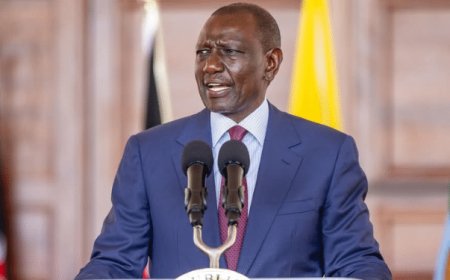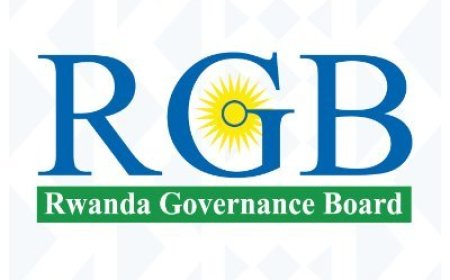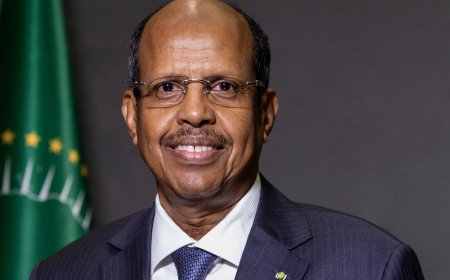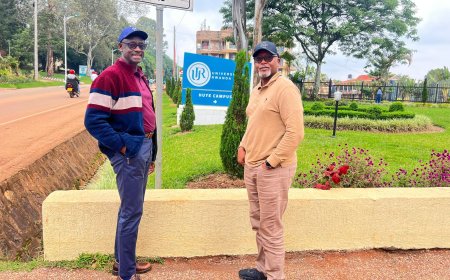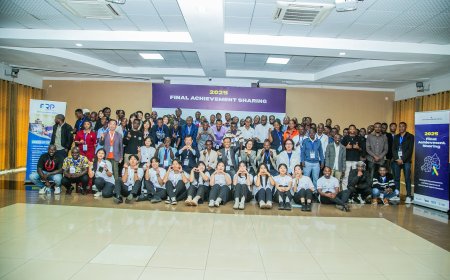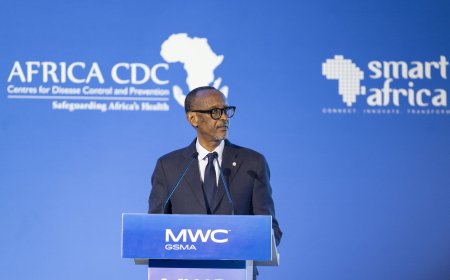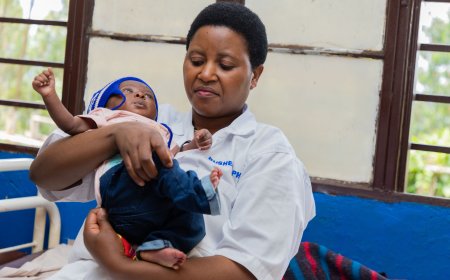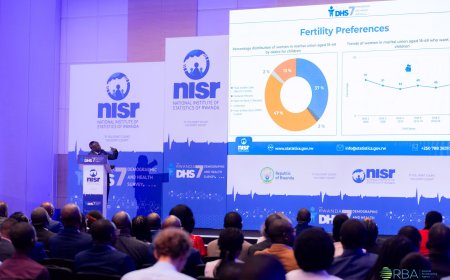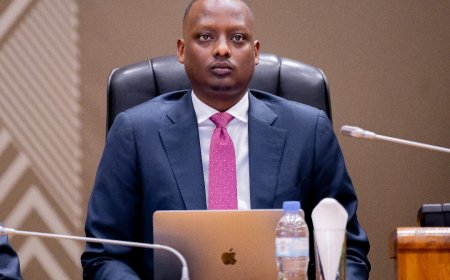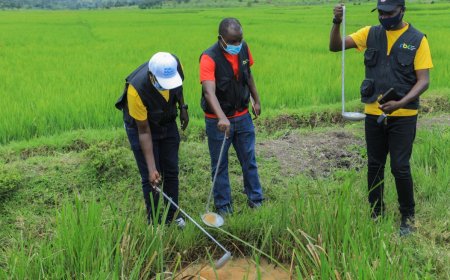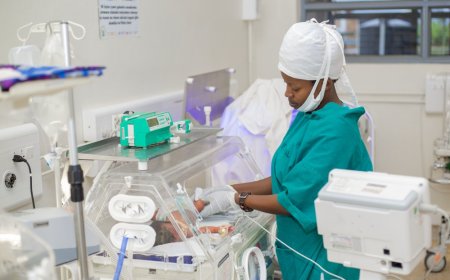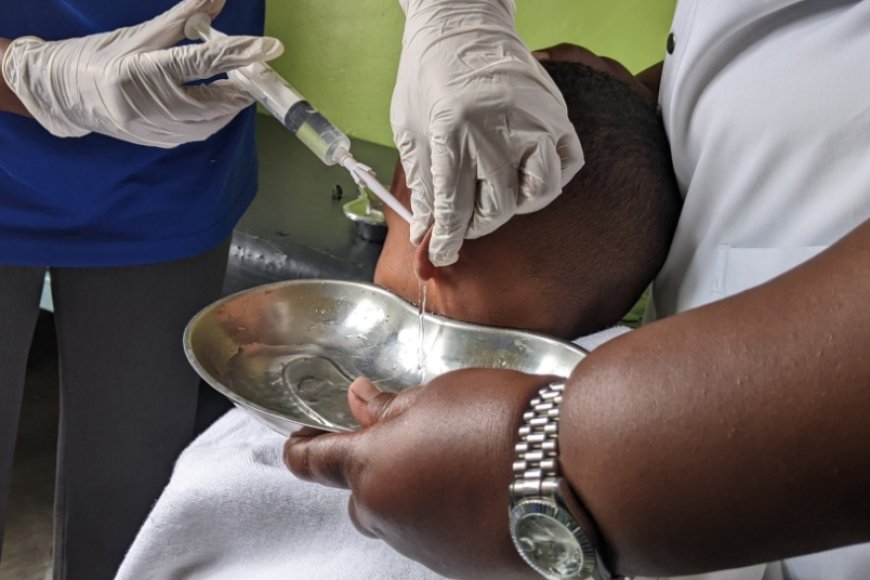
Rwanda wants to hire four times as many expert otorhinolaryngologists
To address the growing number of cases related to hearing loss, the government has announced plans to triple the number of otolaryngologists, or expert ear doctors, in hospitals across the nation. By 2025, the otolaryngology program at the University of Rwanda, which began in 2010, will have grown from four experts to 28 and has 18 more in training.
The government intends to use the 4x4 reform, a four-year plan to triple the number of healthcare workers, to solve the lack of ear-specialized physicians, Irene Bagahirwa, head of the injuries and disability unit at Rwanda Biomedical Center (RBC), told The New Times. The objectives of this program are to boost career development, revitalize health education, and improve the welfare of healthcare workers.
"The 4x4 reform will significantly increase the number of specialized doctors across the country," she stated. We believe that this will enable us to expand the number of physicians and experts in hospitals located around the nation. The Ministry of Health considers this to be a top strategic priority.
The gravity of untreated ear disorders, which lead to further issues, including incapacity, was emphasized by Bagahirwa.
"If left untreated, ear diseases can result in significant impairment," Bagahirwa cautioned.
"The reliance on traditional medicine instead of professional healthcare is a contributing factor to the high number of cases."
According to a 2022 National Institute of Statistics of Rwanda (NISR) research, the Census RPHC2 report on socio-economic characteristics of persons with disabilities, Eastern Province is home to 30% of the nation's hearing-impaired population, the highest percentage in the nation. Additionally, 11,537,934 people in Rwanda are five years of age or older, and 391,775 of them have a disability, according to the census.
Dr. Jean d'Amour Byiringiro, one of the few otorhinolaryngology specialists in the nation and a resident of Ruhengeri Referral Hospital, reiterated the widespread worry about the lack of otolaryngologists, often known as ear, nose, and throat (ENT) doctors.
The diagnosis and treatment of conditions affecting the ear, nose, throat, and other head and neck structures are the main goals of otorhinolaryngology.
"We recommend the ministry [of health] to invest in this service by providing more equipment and increasing the number of ENT specialists," said Dr. Byiringiro.
"This will ensure timely and effective patient care to satisfy the needs of patients."
Despite starting these ear treatment services three months ago, Dr. Byiringiro said he is overburdened with people, seeing about 300 patients every day. Surgery, infection control, and hearing tests are among the services provided.
"This is a beginning service here where we still lack essential equipment," Dr. Byiringiro clarified. "Even though we can use the equipment that Project Life donated, our capacity is still limited."
"The lack of staff—I am the sole one caring for all arriving patients—is another serious problem. We have around 200 patients on the waiting list, which is a large number. When patients should typically be able to access care without any delays or having to wait on a lengthy waiting list, it's daunting and a major difficulty," he continued.
"There is a need for special consideration as our numbers grow; some specialists should focus on specific areas like ear, nose, or head and neck diseases to provide higher-quality care," stated Gratien Tuyishimire, another ENT surgeon and Vice President of ROHNSS.
Ear care is currently available at all national referral hospitals, including Level II teaching hospitals, King Faisal Hospital, CHUK, Rwanda Military Hospital, and Ruhengeri Referral Hospital.

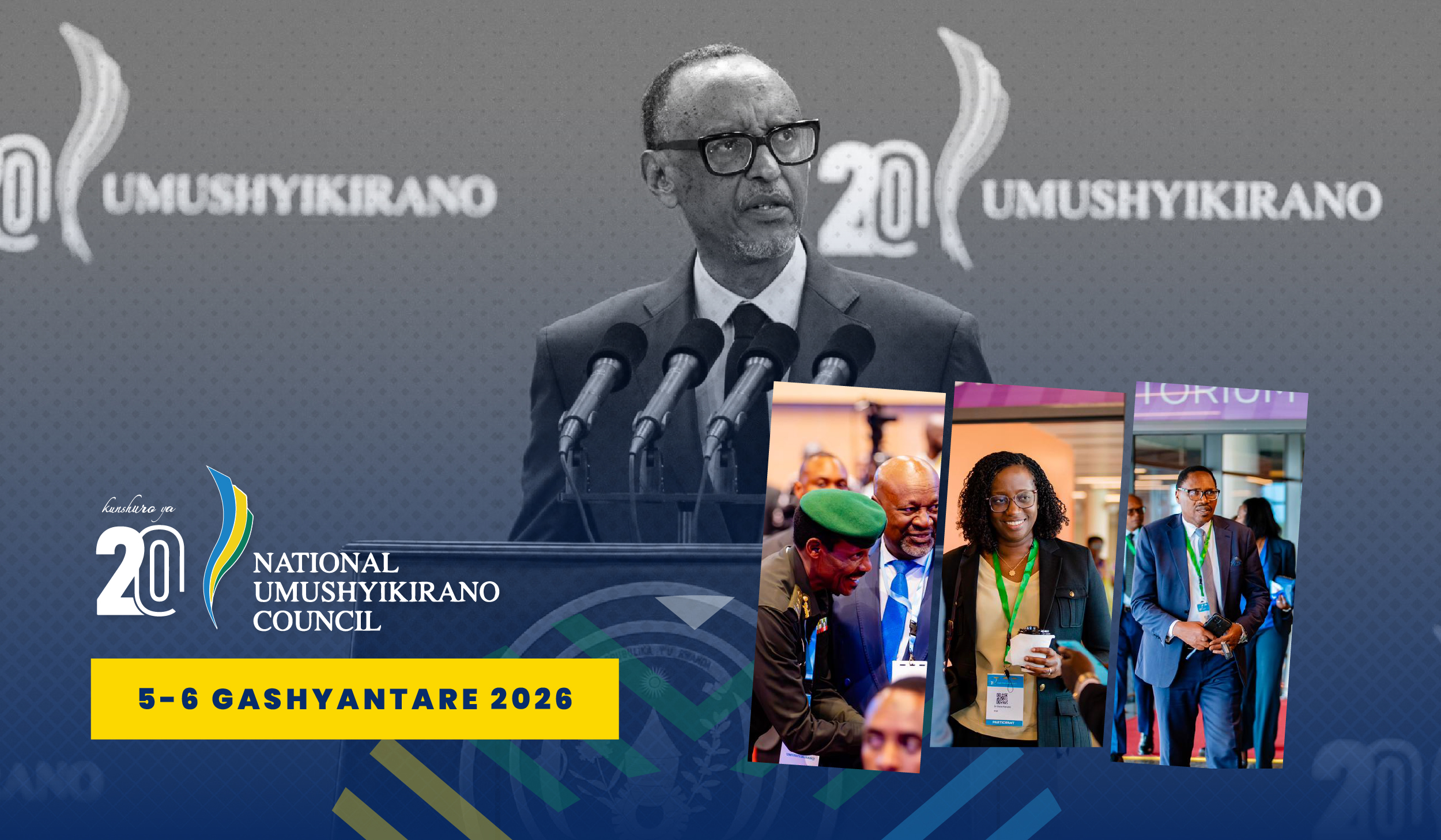
 Kinyarwanda
Kinyarwanda
 English
English
 Swahili
Swahili





